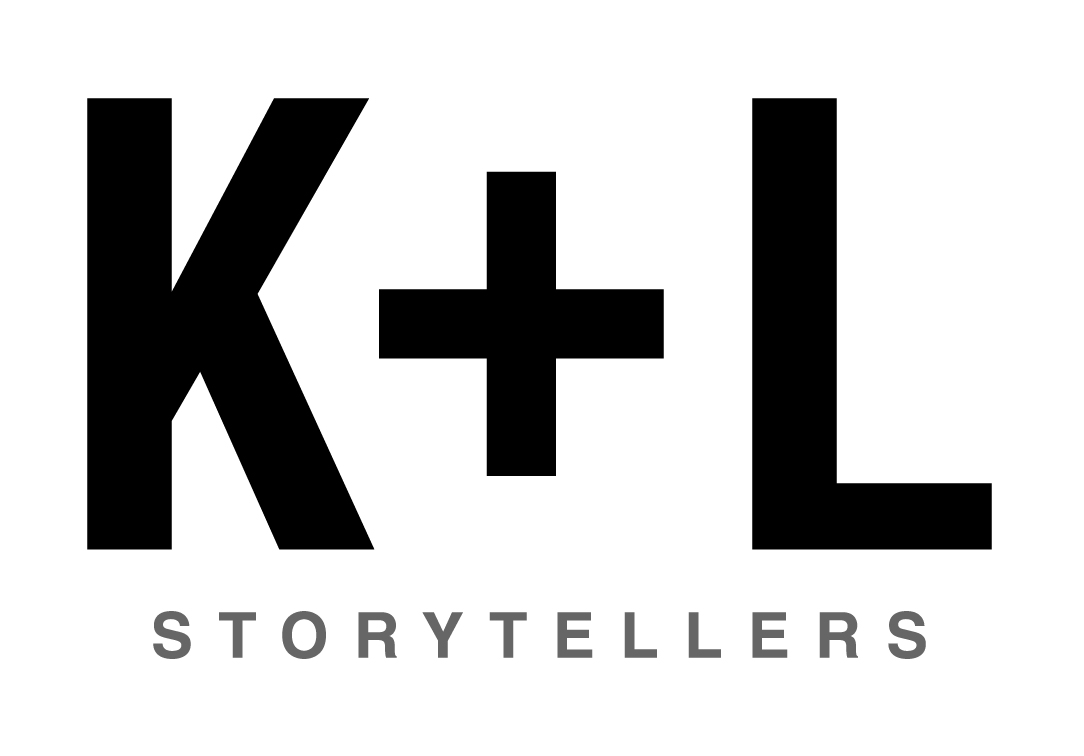I had gone to Literary Fest on Chicago’s Printer’s Row before, but this time I was actually going to sign autographs for Today’s Inspired Leader! And my boys were coming. And I even chose an author-y style hat to wear, plus my Italian wedges and an Army green, Eddie Bauer skirt I hadn’t worn in 20 years (a nod to my optimism about what’s in my closet).
One of a dozen authors, my chapter is called “Share One Beautifully Tragic Story Every Day.” The words you are reading are proof I take my own advice. Because this story is both beautiful and tragic.
The Kelly tribe hopped in the car and off we went a few Saturdays ago to a crowd of people who loved books as much as we did. Our traditional Dunkin’ stop for hash browns and donuts. Check. We were feelin’ the love. I had my autograph line down. (That’s what authors do — they come up with a cute line and then sign their name — not that I would know after what happened when we got there.)
Here, the story throws a zinger at the storyteller. There’s this thing we all do every day. It’s called filling in the story gap. You probably did it already today. Maybe dozens of times. You see something, you hear something and you don’t know the entire story so your mind fills in the missing pieces.
Like I filled in the story gap for my autograph session. I assumed the publisher would bring the books. Not so. I was supposed to bring my box (God bless Fig Factor Media - they had sent an email I didn’t fully read fully explaining this).
I even found the tent I was supposed to be at which, if you know me, was a major feat. (I once drove to Elmhurst and ended up in Englewood. Ooops.)
I was a writer with an autograph line and no books to scrawl it on. My son Patrick rode side saddle to my dumbfoundedness (you know you’ve reached this state when you are repeating the words someone else is saying with a glazed look of disbelief on your face and excitement comes tumbling down inside you like a carefully stacked tower of laundry on the ironing board and the satiny PJs on the bottom makes everything jump ship). Yeah, that was me.
No cute autograph line? Wait. I had a book in the car! I hurriedly dug out my cell phone in my Coach purse (lucky me, I have a sister-in-law who was downsizing in the purse department; authors must have Coach), and I called my husband and business partner and said, “Grab the book from the car. I can sign at least one book today.”
Crickets.
Then I knew what was coming and my five-year-old self said, “You’ve got to be flippin’ kidding me.”
More crickets.
“You took the book out of the car yesterday? How could you do that?”
Even the crickets left the conversation.
“We’ve had gym shoes in there since 2007. There’s a Borders gift card in the glove compartment.”
It was over.
I pressed my finger through the phone and thought for a moment, which is something Italians don’t often do in the face of unforeseen circumstances.
They say things happen for a reason. I’m a card-carrying believer.
Me to Self: I have my sons. My husband. My hat. I’m going to take a fake autograph shot because this may never happen again and then I’m going to enjoy Lit Fest with the men in my life.
And that’s exactly what happened.
And it was awesome! You learn a lot about a person by the books they choose. Patrick is hungry to understand why our country was divided in the Civil War so he bought several on the subject. Maybe it will help him, a natural peacemaker, understand the division we see today and how to close the gap. Stephen King novels captivated Peter who vowed to get a few from the library. A jazz pianist who plays hours at a time by ear, I loved seeing this young man be delighted by creative fiction.
As for the autograph session that didn’t happen, I’m good with it. The notes and texts I write to my children are good enough for me.
For the record, though, next year, I’m putting the books next to my Italian heels by the door. And my Audrey Hepburn sunglasses. Because, of course, that’s what authors wear.
At least that’s the story gap I’ve filled in.
Michele Kelly is founder and CEO of K+L Storytellers.











